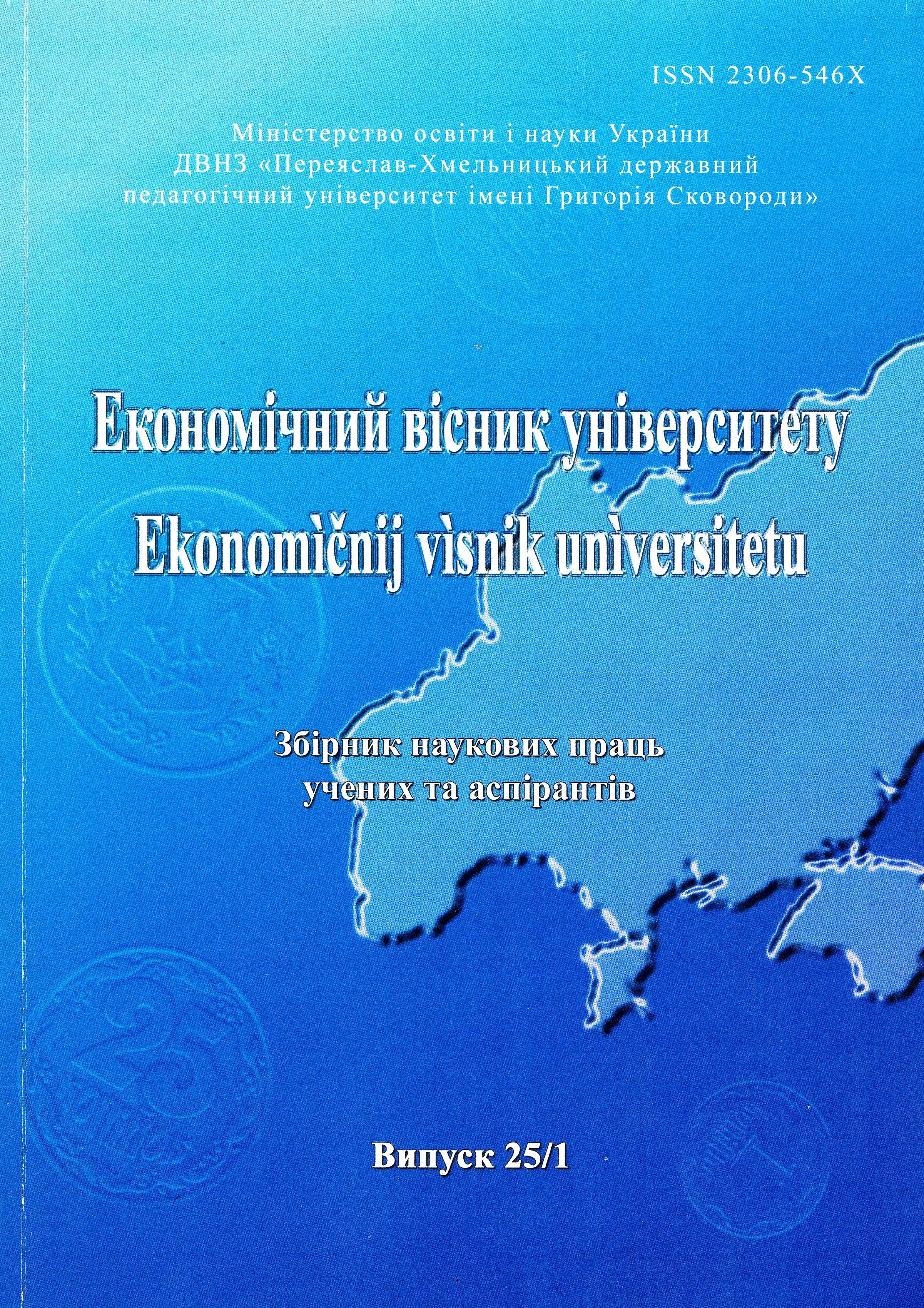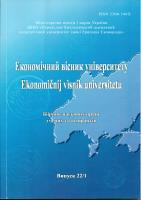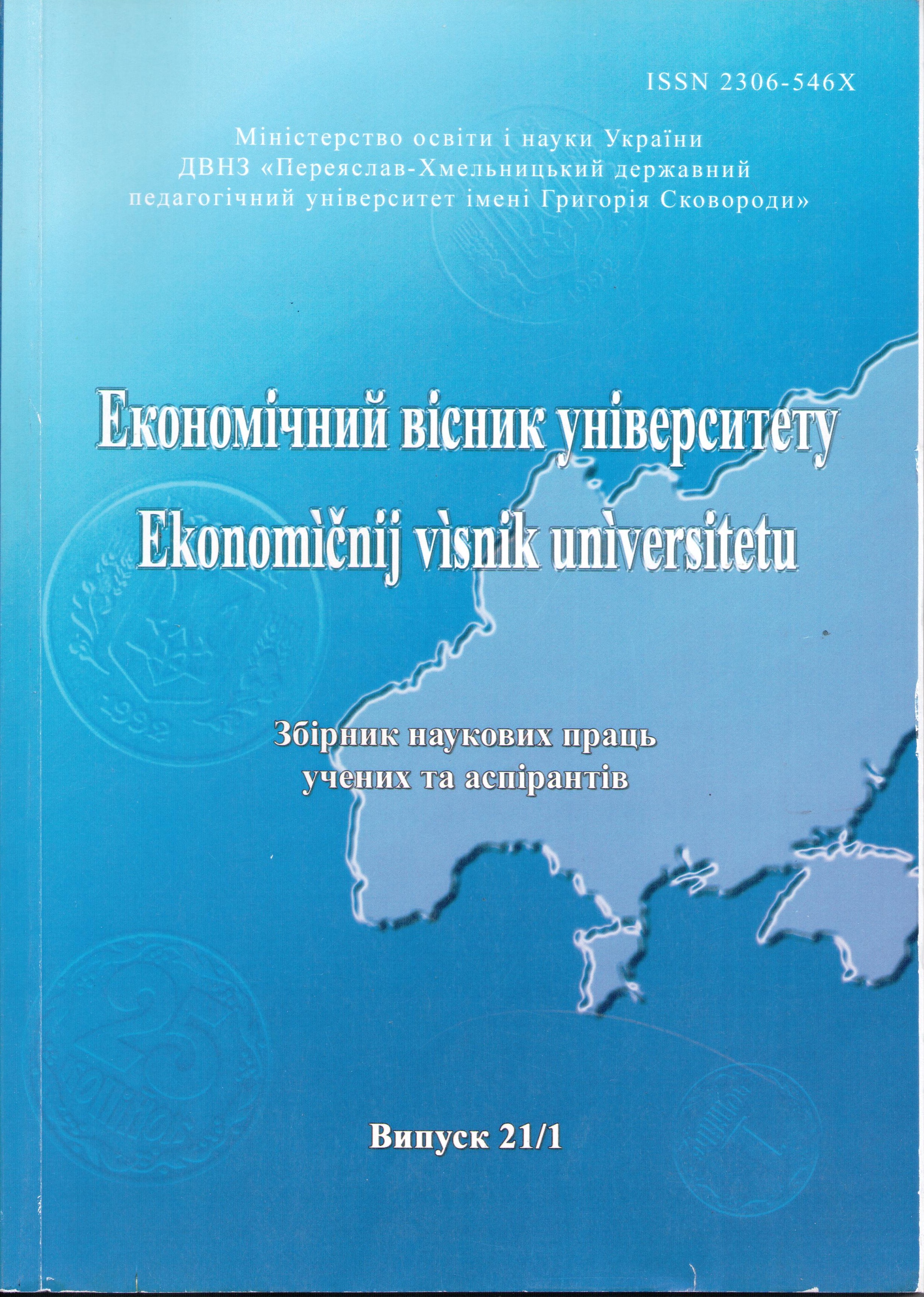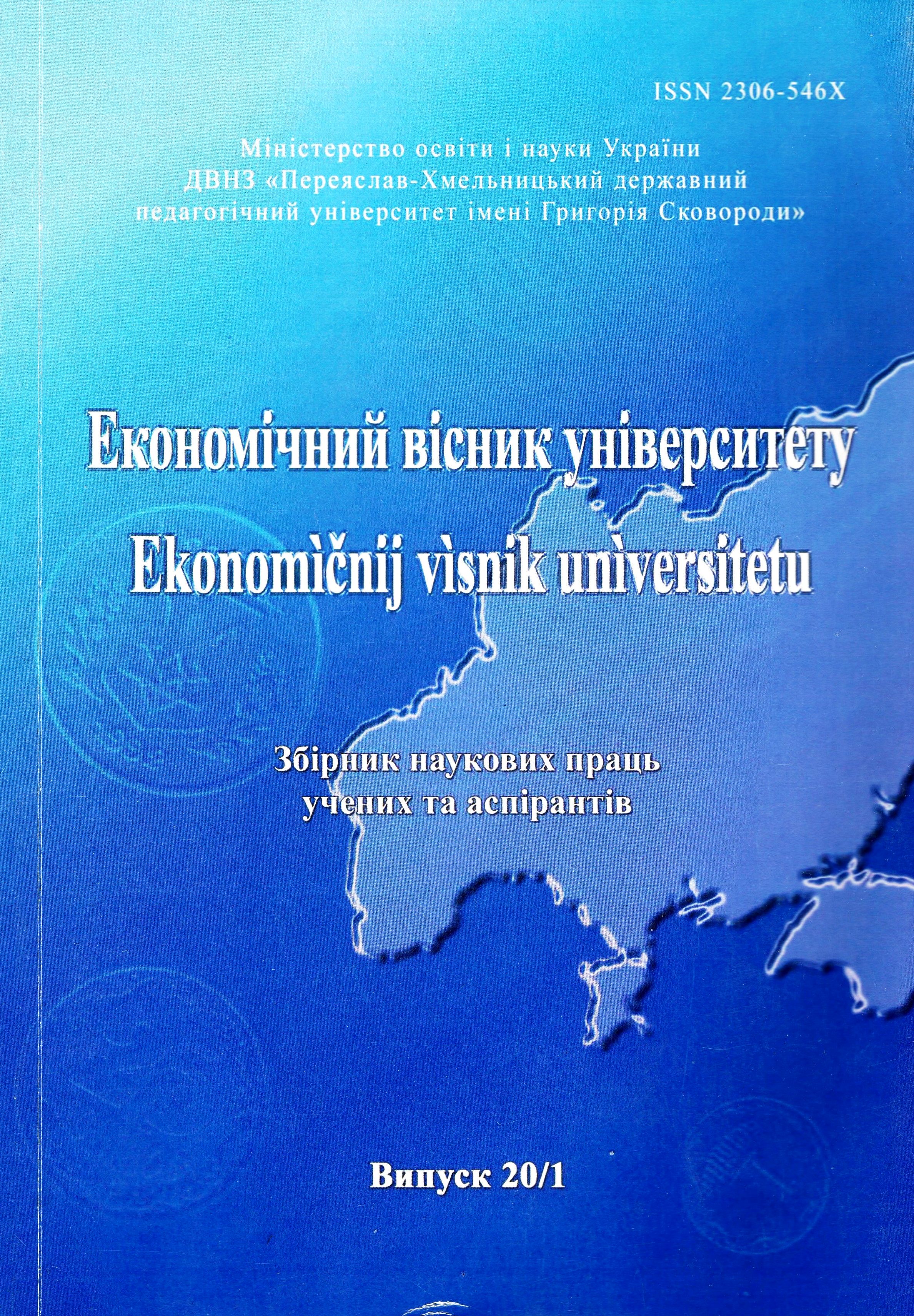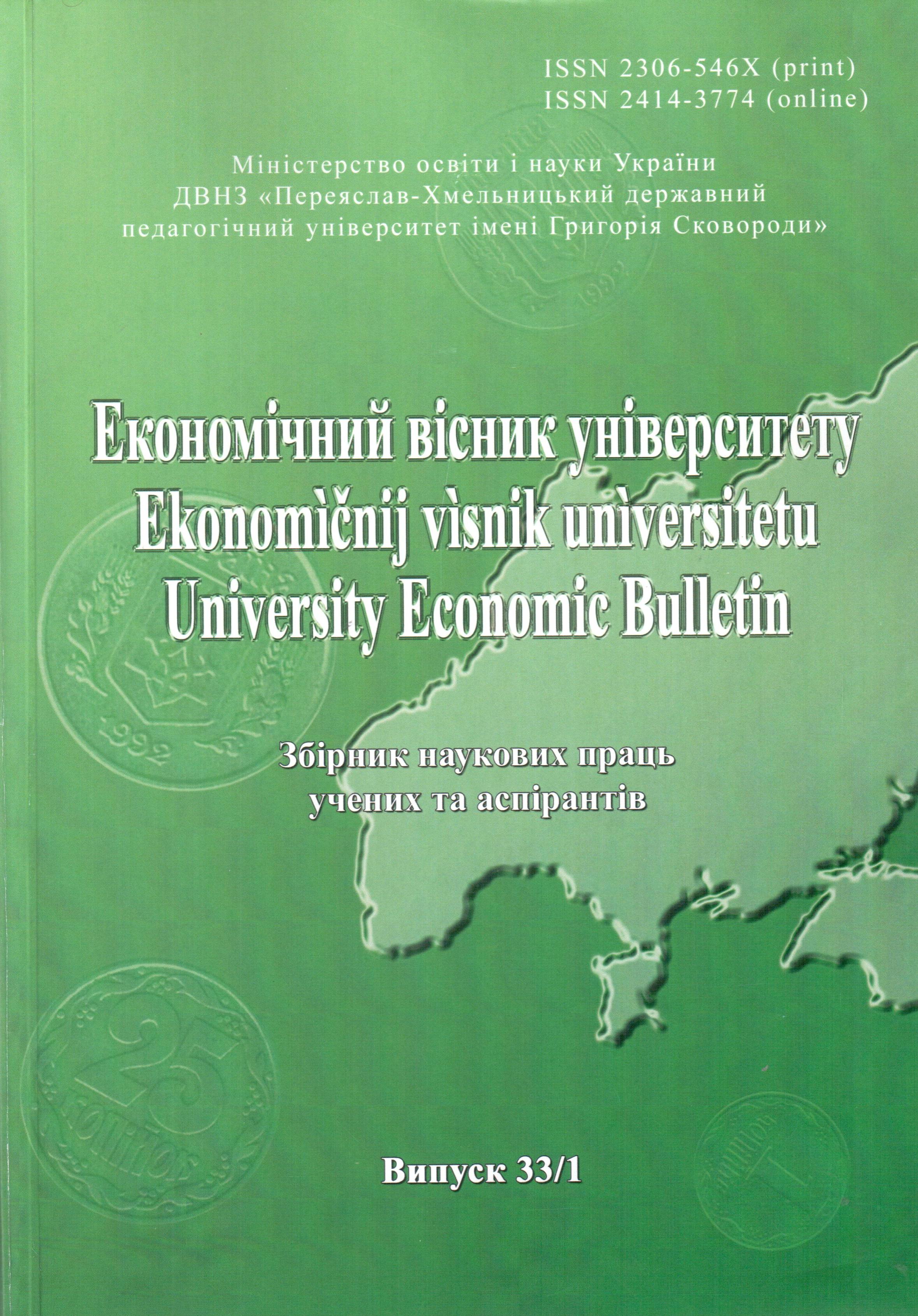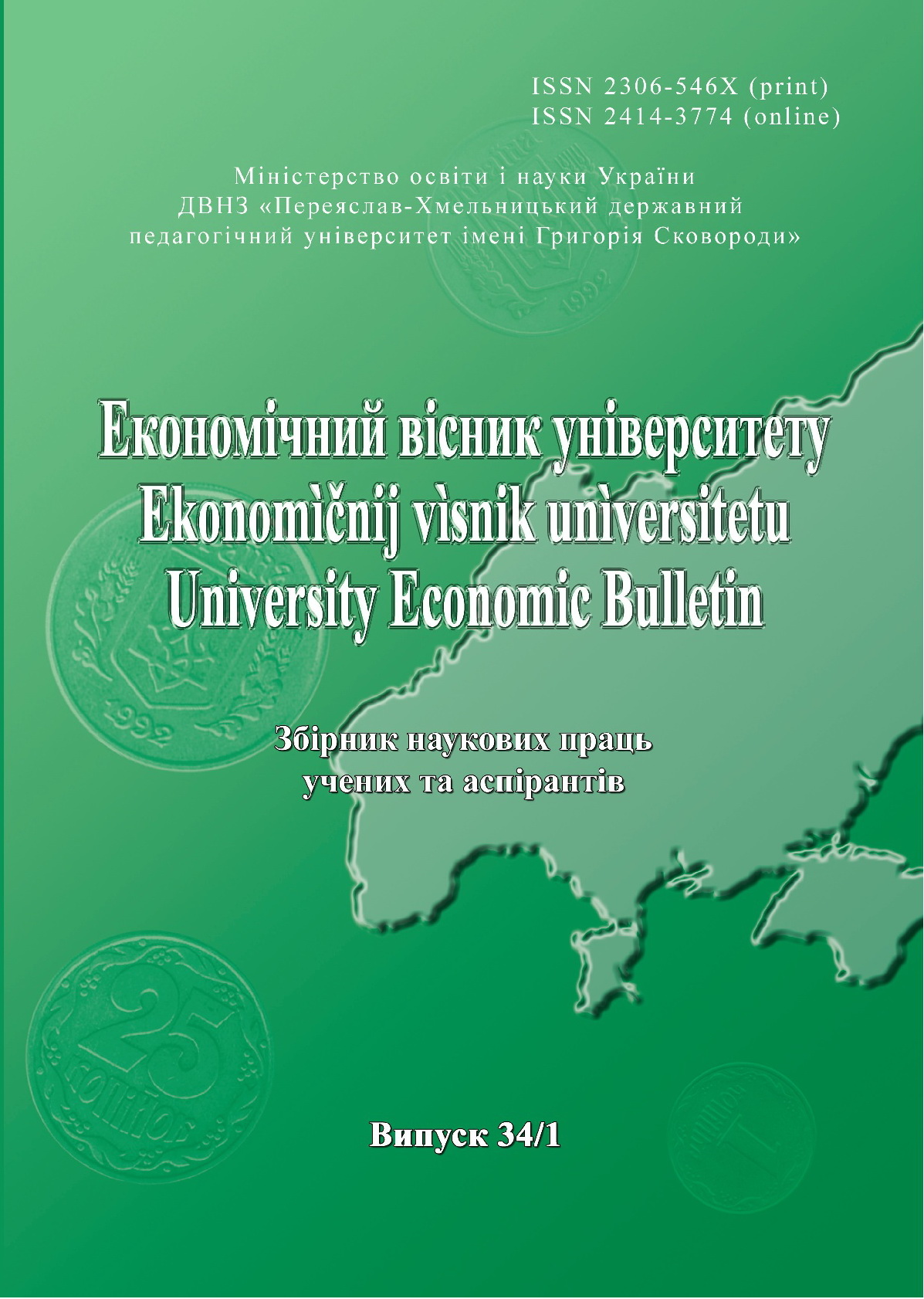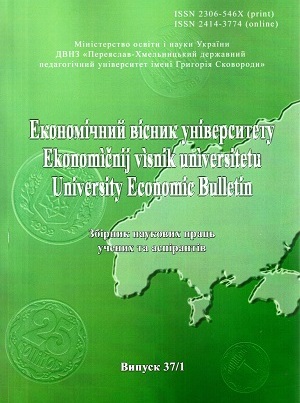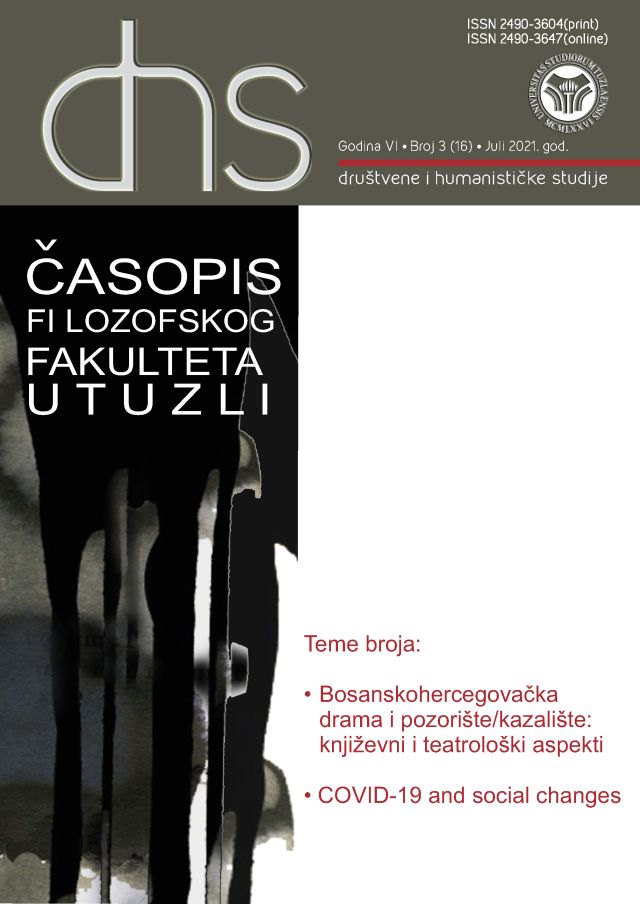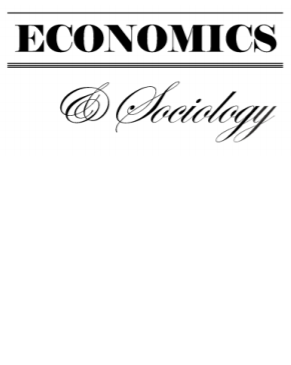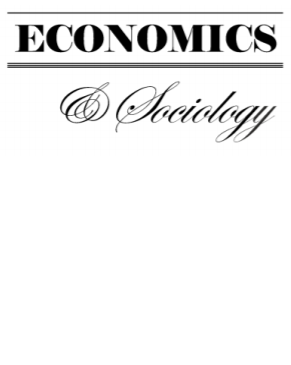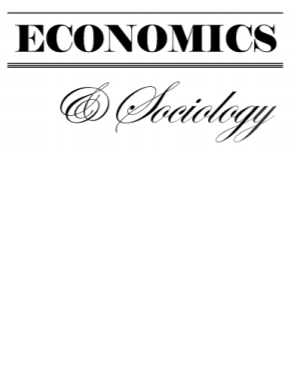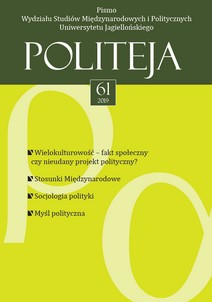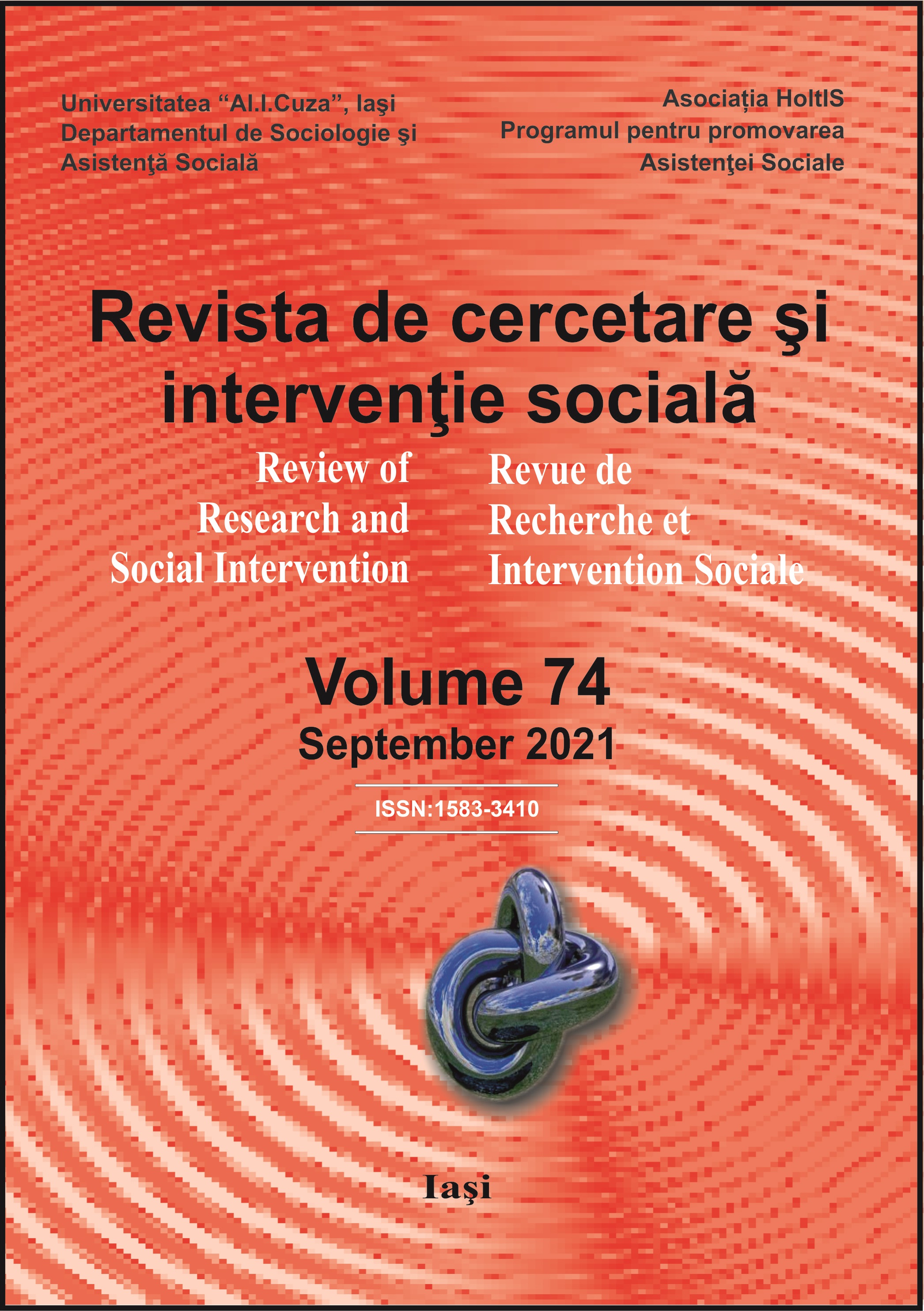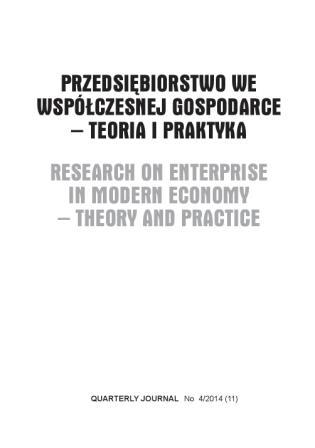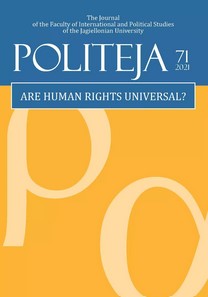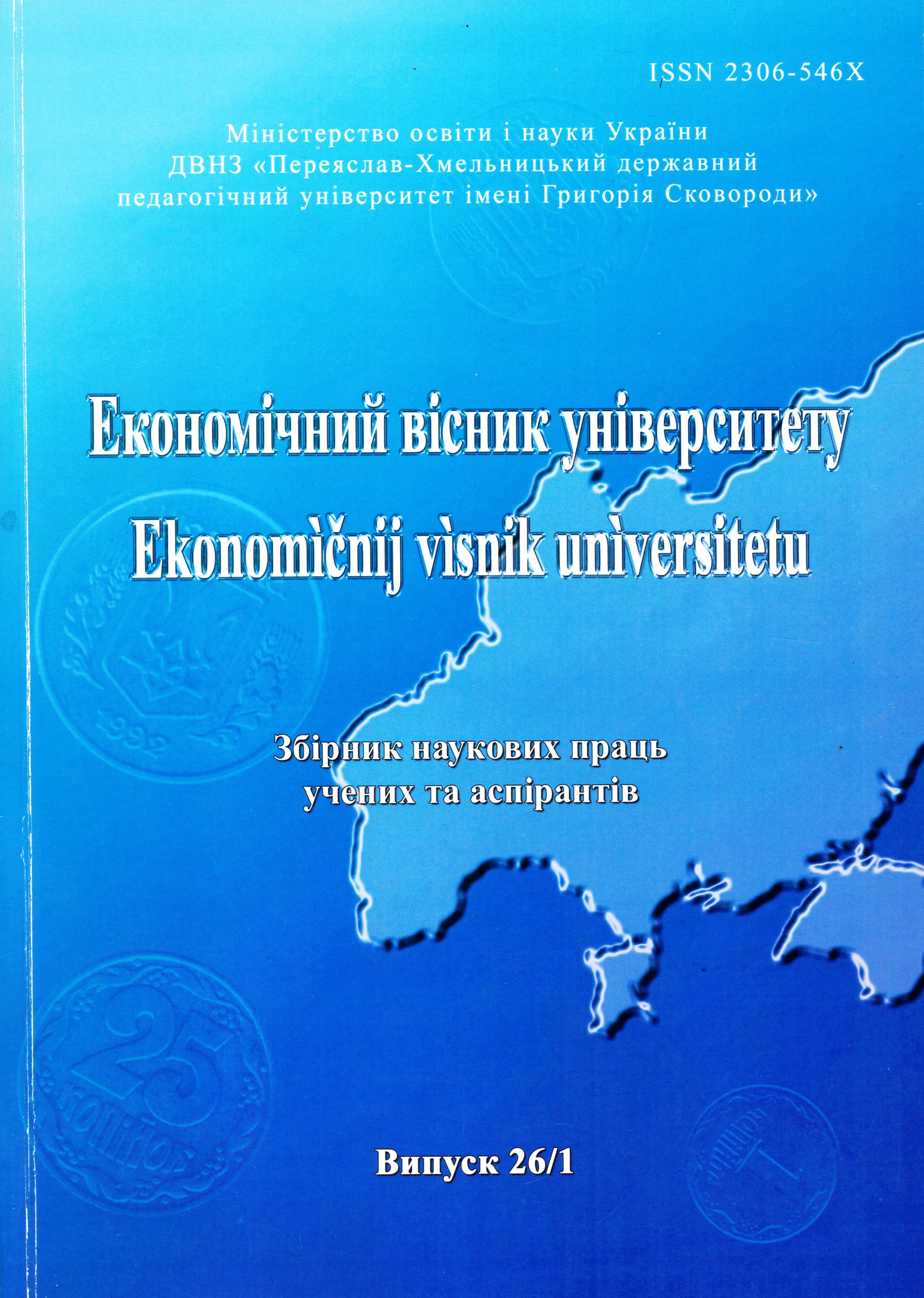
Neue wege: hochschulbildung im 21 jahrhundert
We are living in the 21st Century, the century of communication! International economy, travelling and education become more and more important nowadays. To keep pace with the time, with new and innovative possibilities, to exchange experiences as well as improvement of abilities and skills is the consistence in a global and modern economical and scientific world. We believe that innovative development take place on all levels simultaneously, however not restricted on topics, trends or fields of activity. Stagnation means regression, that's why we don't want to rest on a reached level but trying to show perspectives with our ideas to go new and unusual ways. Modern education needs new methods and modern forms, which must be adapted to global communication and life-style. To find new ways of innovation gets more and more difficult. However, vocational training, education and study should base on a high level of scientific research and should be adapted to the practical demand of innovative and modern markets.
More...
